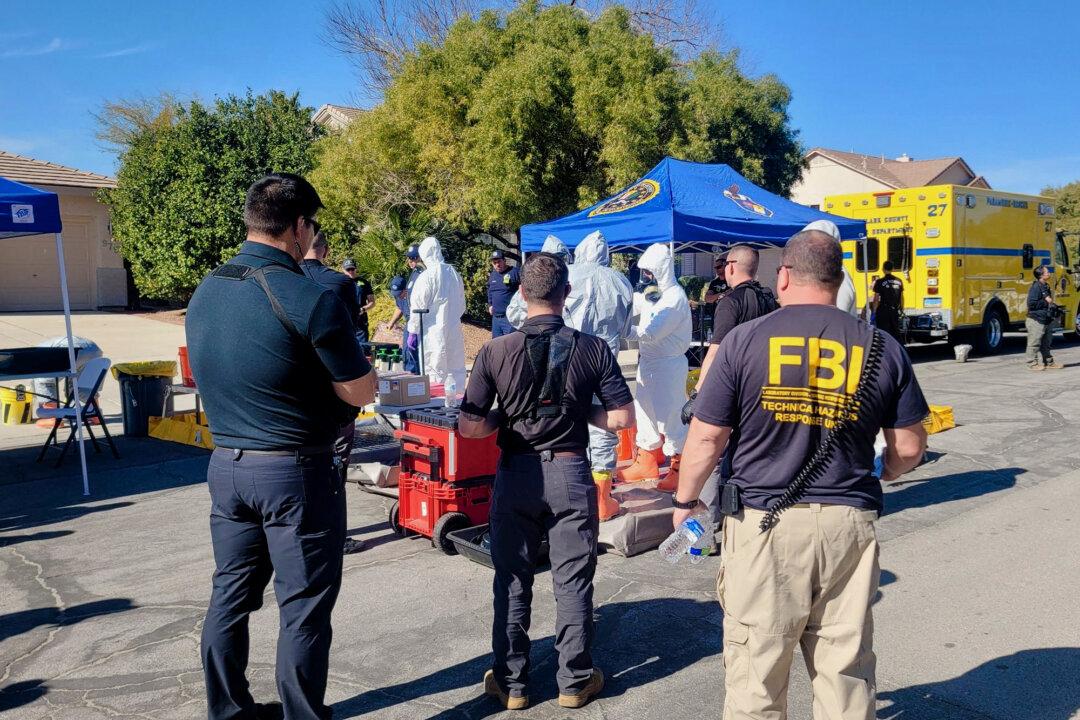Winter has arrived and people Australia-wide are looking to keep warm as they plug in or fire up their heaters and switch on their electric blankets. These simple measures to keep out the cold can unwittingly start a fire, and authorities encourage residents to be vigilant and take precautions.
Figures from insurer Allianz show that most fire claims are from those that start in the home, and not from outside bushfires. Another insurer, Suncorp, said home claims from 2011 to 2016 show that fire claims across the country spike during the winter.
Below are key considerations to minimise the risk of house fires and what to do in one.
Smoke Alarms
The main precaution people can take to prevent an accidental fire is make sure they have working smoke alarms, Department of Fire and Emergency Services (DFES) Commissioner Darren Klemm told ABC News.
“We just can’t stress enough how important it is that you have a working smoke alarm,” he said. “The device needs to be changed every 10 years and you need to test it every week by pushing the button. Also make sure it’s clean, with no cobwebs or dust on the smoke detectors because it is a life saver.”
If you don’t have a working smoke alarm, you are 26 percent more likely to suffer serious injury in a house fire, according to The Metropolitan Fire Brigade. You’re also twice as likely to die in a home fire without a working smoke alarm, according to Fire and Rescue NSW.




